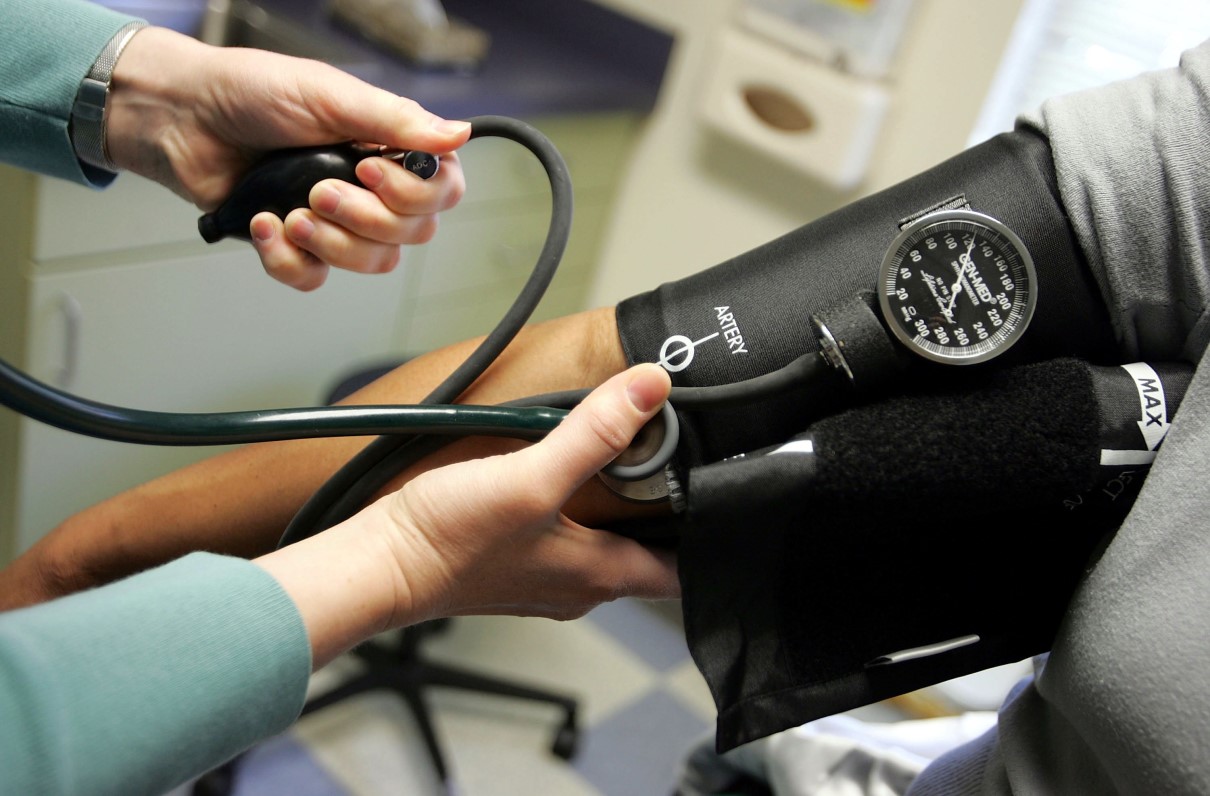The FY 2023 National Defense Authorization Act (NDAA), signed into law Dec. 23, 2022, includes several key provisions addressing MOAA priorities and advancing improvements in the military health care benefit.
In addition to a five-year halt on medical billet cuts, the law includes provisions addressing problems MOAA has worked for several years, including delays in transferring specialty medical care during PCS moves, TRICARE Dental Program network reductions, and barriers to accessing mental health care.
[TAKE ACTION: Help MOAA Fight Cuts to the TRICARE Pharmacy Network]
Here’s a bit more about the key provisions addressing these issues:
Improvement of referrals for specialty care under TRICARE Prime during permanent changes of station (Section 703). Requires TRICARE to provide Prime beneficiaries undergoing a PCS with referrals for specialty care at the new duty station before leaving the current location. This will allow families to get on specialty provider waitlists before they move to reduce delays and gaps in care for chronic conditions and prenatal care. This has been a long-standing goal for MOAA and was one of our recommendations at the House Armed Services Military Personnel subcommittee hearing in February 2020.
Improvements to TRICARE dental program (Section 701). Requires DoD to modify the TRICARE Dental Program (TDP), effective Jan. 1, 2026, to give beneficiaries dental plan options from two to four national dental insurance carriers. The legislation also provides for reduced premiums and copays for junior enlisted families, E-4 and below. MOAA has advocated for TDP protections and improvements since many dentists left the network due to slashed reimbursements with the transition to United Concordia in 2017.
We appreciate Congress’ diligence in developing a TDP solution after the initial plan had to be scrapped due to implementation problems. We urge Congress and DoD to ensure the modified construct maintains an option comparable to current TDP coverage, premiums, and cost sharing so dental care remains affordable for all uniformed services families.
[RELATED: MOAA’s TRICARE Guide]
Improvements relating to behavioral health care available under military health system (Section 737). MOAA appreciates Congress directing “grow our own” initiatives to address behavioral health provider shortages, including a requirement for DoD to start a scholarship pilot program to cover tuition and fees for a graduate program in clinical social work, counseling, or related field, and a student loan repayment assistance program in exchange for service of equal duration in the military health system. This provision also requires a report on the feasibility of establishing graduate degree programs in counseling and social work, as well as expanding the clinical psychology program within the Uniformed Services University of the Health Sciences (USU).
Audit of behavioral health care network providers listed in TRICARE directory (Section 705). Requires a Government Accountability Office (GAO) audit of TRICARE mental health provider directories focused on determining functional availability of providers to include the number of duplicate listings, the number available and accepting new TRICARE patients, the number no longer practicing, and the number that could not be reached.
The provision also requires an assessment of the adequacy of behavioral health care providers under the TRICARE program and recommendations on how to improve TRICARE network provider availability. MOAA appreciates this step to provide greater transparency on the actual number of mental health clinicians available to TRICARE beneficiaries – a key step in understanding and addressing mental health care access challenges.
[RELATED: MOAA Discusses Health Care Priorities With New DHA Director]
Walter Reed Report
The Senate Armed Services Committee (SASC) also included report language expressing disappointment in the declining numbers of military health care professionals assigned to Walter Reed National Military Medical Center (WRNMMC) and the resulting negative impact on its operations.
To address this, the committee directed the Defense Health Agency (DHA) to submit a report to Congress documenting WRNMMC staffing; providing a joint manning document for WRNMMC that ensures its enduring status as a world-class medical center; and identifying any personnel shortfalls and submitting a plan to address them.
MOAA appreciates these provisions and report language in the FY 2023 NDAA and will continue efforts in the 118th Congress to ensure the high-quality health care servicemembers, retirees, their families, and survivors deserve.
MEDIPLUS® TRICARE Supplement
Works hand-in-hand with your Select or Prime Plan. Count on valuable protection.

